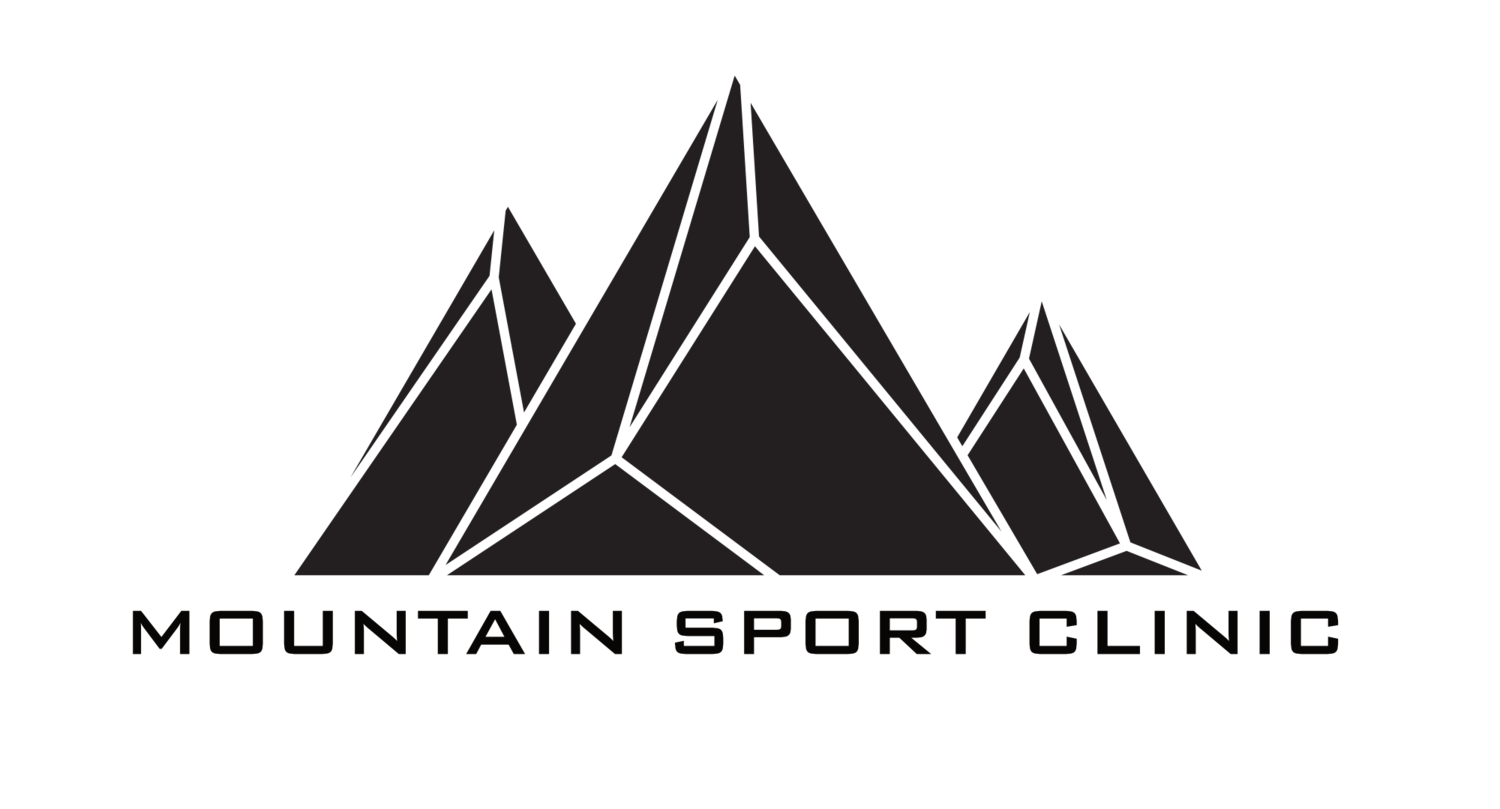Hypothermia and How to Prevent It
What is hypothermia?
Hypothermia is a cold-related emergency that can be deadly if not properly dealt with. Hypothermia is the point where the human body cannot compensate for heat-loss anymore. The system loses heat faster than it can generate it.
* Up North Adventures guide training - Fish Lake / Yukon Territory - November 2019
What are some of the factors that increase heat loss from the body?
Not wearing enough layers
Not drinking enough
Not eating enough
Getting wet
When you start getting cold, your body will try to fight the loss by producing more heat. There are 2 mechanisms for your body to create or generate heat:
1 - transform food into energy and then heat, or
2 - move your body to create friction and heat through your muscles.
Please print this tool and keep it in your first aid kit:
It is important to recognize the stage of cold-related-emergency someone is experiencing to provide the right care.
Starting with the outside ring:
Determine if the person is responsive or unresponsive. Are they talking to you?
Check their movements - Are they normal or impaired?
Check if they still shivering or not.
Determine if they are alert or not.
* Cold-Related Emergencies: Staying Warm and Safe in Canadian Winters - Red Cross Canada
Signs and symptoms:
Cold-Stressed: The person is shivering and alert (complaining about the cold). Their body temperature is still around normal.
Mild hypothermia: The person is shivering, alert (complaining about the cold), and is feeling some tingling or numbness in the extremities. It becomes harder for them to move and their body temperature starts to slowly drop.
Moderate hypothermia: The person can be still shivering or might have stopped shivering. Their speech might be confused, or they might act in an unusual way. They are experiencing a lack of coordination. Their judgment is impaired. Their body temperature is more than 2 degrees below normal.
Severe hypothermia: The person is not shivering anymore. Most likely to be unresponsive or unconscious. Lack of coordination and speech, the breathing is slow, or they might have stopped breathing. Their body temperature is getting close to 30 degrees or lower.
What can we do?
Refer to table
Take a Wilderness First Aid course!
Practice your skills again and again
*Up North Adventures guide training - Fish Lake / Yukon Territory - November 2019
How do we prevent Hypothermia?
When I was being trained as a Wilderness First Responder trained, my mentor used to call hypothermia “the killer of the unprepared”. And behind this extreme name, there is a lot of truth. Hypothermia is easy to avoid with the right habits.
Layers, layers, layers: First rule out there. The more layers, the easier it is to adjust to the temperature. Stop every time you feel too hot or too cold. In the winter, it is better to start your activity a little cold and give yourself a chance to warm up, rather than overheating and sweating after only 30 minutes.
Wool is your best friend: There are a lot of technologies and innovations available on the outdoor clothing market. But when it comes to the first layer - wool is the best material. Even wet, it will keep some warmth and dries quite fast.
Stay hydrated: Yes, hydration is a big component of preventing hypothermia, even if it is more associated with heat-related emergencies. The best hydration is water.
Eat calories: If you deprive your body of calories, your system will not be able to produce enough heat to keep you warm. And remember, it is one of the only two ways to generate heat in your body.
Acclimatization: When taking on large missions or expeditions, our body needs multiple weeks to adapt to a different climate.
Catch the signs early: DO NOT LET ANYBODY SLIDE INTO MODERATE OR SEVERE HYPOTHERMIA.
When you are playing outside, your job is to take care of yourself and the people you are with. If anybody is complaining about being cold, stop, assess the situation, decide what is best, and continue. Please remember to constantly reassess throughout your adventure!



